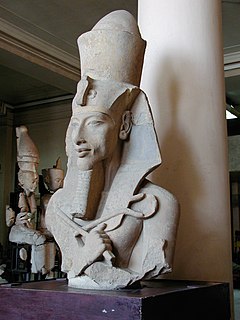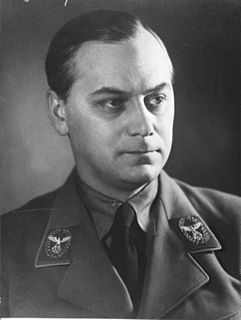A Quote by Albert Camus
And real nobility (that of the heart) is based on scorn, courage, and profound indifference.
Related Quotes
Indifference pretends to create peace, but it is based on not caring, a silent resignation. It is a movement away, a separation fed by a subtle fear of the heart. We pull back, believing that what happens to others is not our concern. Our courage leaves us. Indifference is a misguided way of defending ourselves.
Courage is a heart word. The root of the word courage is cor - the Latin word for heart. In one of its earliest forms, the word courage meant "To speak one's mind by telling all one's heart." Over time, this definition has changed, and today, we typically associate courage with heroic and brave deeds. But in my opinion, this definition fails to recognize the inner strength and level of commitment required for us to actually speak honestly and openly about who we are and about our experiences -- good and bad. Speaking from our hearts is what I think of as "ordinary courage.
The word courage comes from the same stem as the French word Coeur, meaning "heart." Thus just as one's heart, by pumping blood to one's arms, legs, and brain enables all the other physical organs to function, so courage makes possible all the psychological virtues. Without courage other values wither away into mere facsimiles of virtue.
On the other hand, heroism is basic to the character of the Nordic peoples. This heroism of the ancient mythic period and this is what is decisive has never been lost, despite times of decline, so long as the Nordic blood was still alive. Heroism, in fact, took many forms, from the warrior nobility of Siegfried or Hercules to the intellectual nobility of Copernicus and Leonardo , the religious nobility of Eckehart and Lagarde, or the political nobility of Frederick the Great and Bismarck , and its substance has remained the same.







































